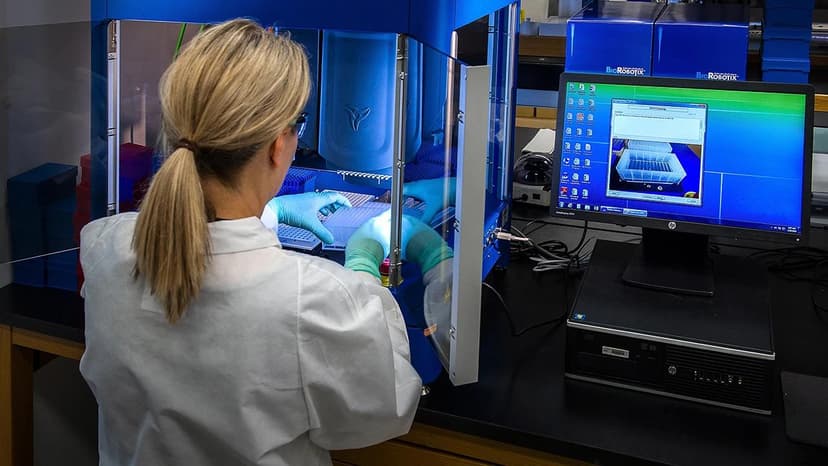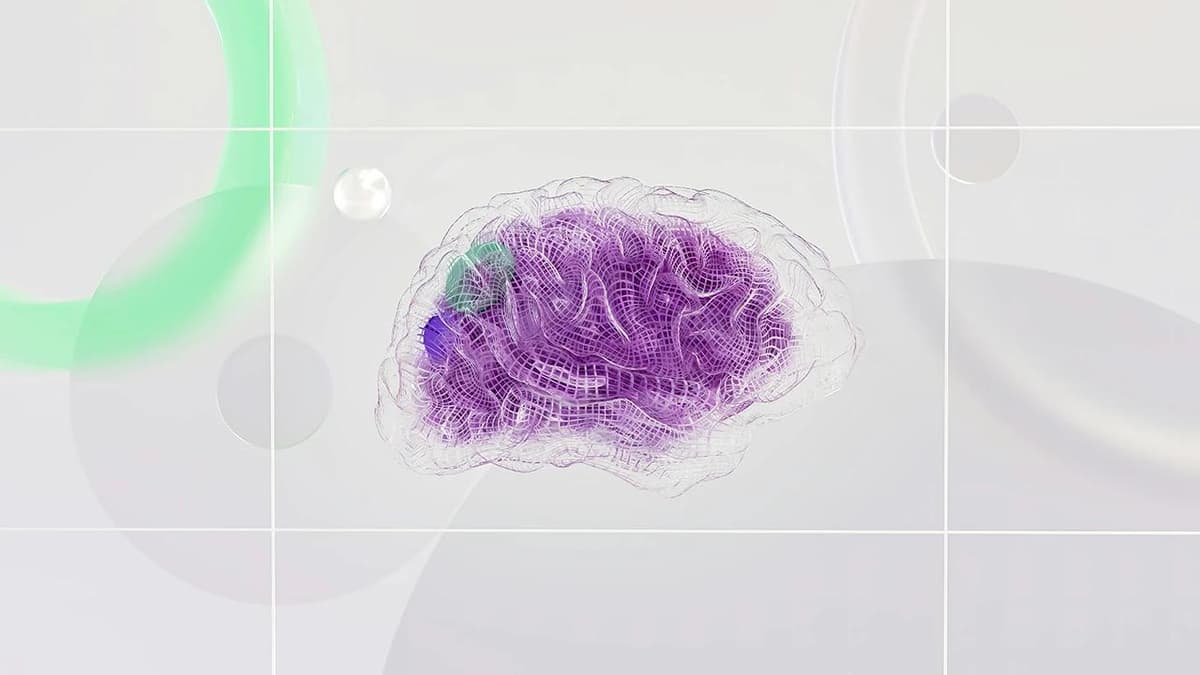Can Cats See in the Dark? Shedding Light on Feline Night Vision
Do cats possess the ability to see in the dark like mysterious creatures from fairy tales? Are they dependent on a light source to navigate their surroundings? Let's uncover the secrets behind feline night vision and separate fact from fiction!
The Enigma of Feline Vision
It's no secret that cats possess exceptional visual abilities. With their captivating peepers, they can detect the smallest movements and spot tiny prey. But what about their ability to see in the dark?
Twilight Specialists
Contrary to popular belief, cats cannot see in complete darkness. However, they are excellent twilight specialists. Their eyes contain cells called rods that are highly sensitive to even the slightest amount of light, allowing them to make the most of the dimmest illumination. This makes them formidable predators during dawn and dusk, when prey animals may also venture out.
Superior Night Vision
While humans tend to rely on light sources to guide their way in the dark, cats prefer to let their eyes do the work. Their eyes are equipped with a mirror-like structure called the tapetum lucidum, which reflects light back through the retina, giving it a second chance to be absorbed by the eye. This enhances the amount of light available for vision and boosts their ability to see at night.
Recent studies indicate that cats can see at light levels six times lower than what humans can detect, allowing them to excel in environments with minimal lighting. This heightened night vision is critical for their hunting instincts, as it enables them to track and capture nocturnal prey with remarkable precision.
The Adaptation Game
Cats' excellent night vision can be attributed to their evolutionary history. Their ancestors were nocturnal hunters, and as a result, their genetic makeup has favored the development of superior visual adaptations. This adaptability has played a crucial role in their survival and hunting strategies.
A Balance of Light
Despite their impressive night vision capabilities, cats may still benefit from some extra light. Felines are more sensitive to motion in dim light than they are to stationary objects. Providing a small amount of light can help them better navigate their environment, even if it's just a gentle glow from a nightlight in your home.
Research has suggested that while cats are adept at seeing in low light, they also rely on their other senses, such as hearing and smell, to compensate in dark environments. This multisensory approach enhances their ability to navigate and hunt effectively.
The answer to whether cats can see in the dark is a resounding "yes, but with limitations." Their exceptional night vision skills and adaptations allow them to thrive in low-light conditions, making them the perfect hunters of the shadows.












